Posted on 12/20/2023
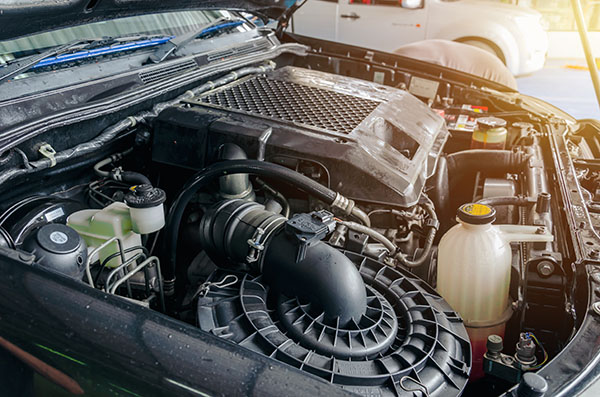
Florida's unique climate poses special challenges for car owners. With relentless sun, salty air, and seasonal downpours, ensuring your vehicle is in top condition requires more than just regular check-ups. For residents cruising the sun-drenched roads of the Sunshine State, here are five essential maintenance tips to keep your ride running smoothly under the palm trees. Combating Rust and Corrosion The combination of Florida's humid climate and salt-laden breezes can be brutal on a car's bodywork. Rust is a silent predator, creeping into undercarriages and wheel wells - areas often overlooked during routine cleaning. Protecting your car starts with frequent washing, including the underbody, to remove salt and other corrosives. Additionally, applying a protective wax can shield the paint from UV rays and investing in anti-rust treatments or sprays fortifies exposed metal components against corrosive elements. Maintaining Cool Under Pressur ... read more
Posted on 11/27/2023
.jpeg)
You're on a road trip, driving like usual, when suddenly, the radio buttons start to malfunction, the power windows don't go up or down, and interior lights start to dim. What's happening? Frustration and confusion may take over, leaving you wondering about the underlying causes behind these unwelcome malfunctions. Let's take a closer look and try to decode the mysteries of why your car's electronics and buttons may be acting up and explore how to address these concerns with ease and confidence. Electrical System Issues Faulty wiring, corroded connectors, or a weakened battery can all contribute to erratic behavior in your car's electronics and buttons. These electrical system issues can disrupt the flow of power, leading to intermittent or complete failures of various components, such as the infotainment system, power windows, or door locks ... read more
Posted on 10/31/2023
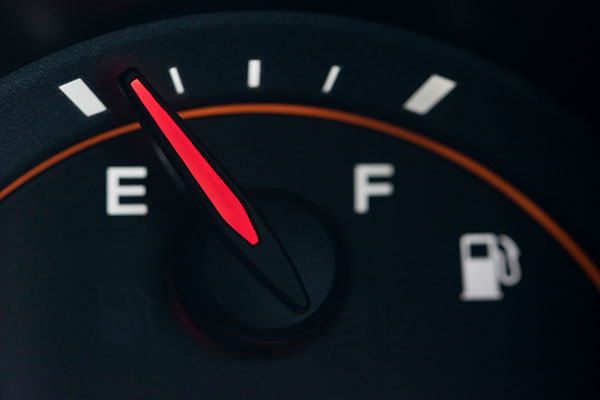
You're cruising down the highway, lost in the rhythm of the road, when suddenly, that ominous orange glow appears on your dashboard - the fuel light. It's a familiar sight for many drivers, and it raises the age-old question: How long can I actually drive with a lit fuel light? While it might be tempting to push your luck, the answer isn't as straightforward as you might think. How Long Can I Drive For? To put it simply, when your fuel light comes on, you typically have about 30 to 50 miles (48 to 80 kilometers) left in the tank, depending on your vehicle's make and model. However, it's crucial to remember that this estimate can vary widely due to several factors, so it's not a hard and fast rule. Detailed Breakdown & ConsiderationsVehicle Fuel Efficiency Your car's fuel efficiency plays a significant role. Smaller, more fuel-efficient vehicles tend to go further on the remaining fuel than larger, l ... read more
Posted on 9/28/2023
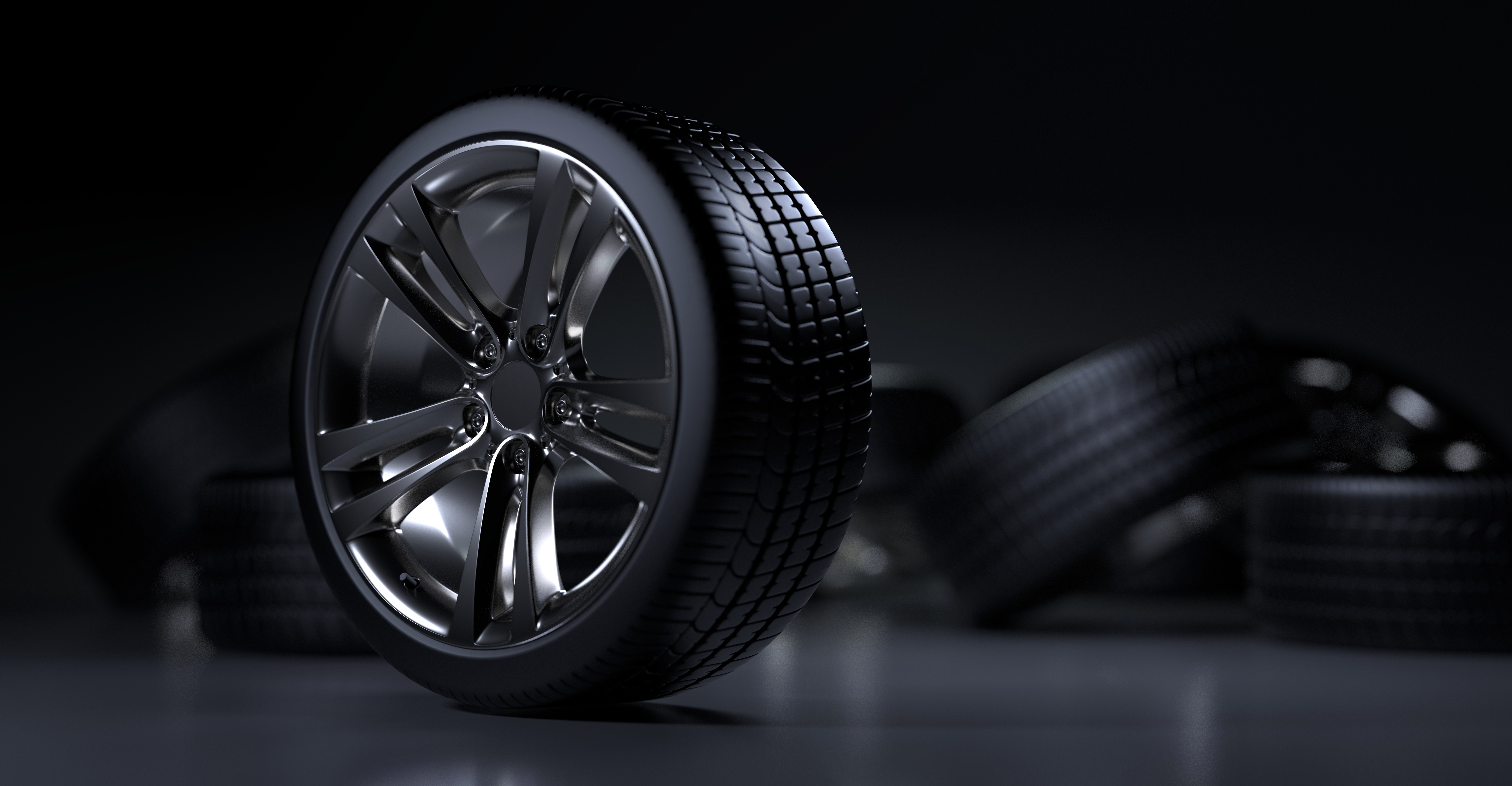
If you've ever wondered what the "Hunter Hawkeye Alignment System" is and why it's considered a game-changer in the automotive industry, you're in for a treat. We will take a look at everything there is to know about this revolutionary alignment system and why you should consider it. The Hunter Hawkeye Alignment System Explained Imagine a tool that could extend your tires' lifespan and enhance your vehicle's fuel efficiency, handling, stability, and overall safety. Well, that's how you would describe the Hunter Hawkeye Alignment System in a few words. This state-of-the-art technology has revolutionized the way we approach wheel alignment, and here's why it's gaining so much attention: 1. Pinpoint Accuracy The Hunter Hawkeye Alignment System is renowned for its unparalleled precision. It uses advanced cameras and sensors to accurately ca ... read more
Posted on 8/29/2023
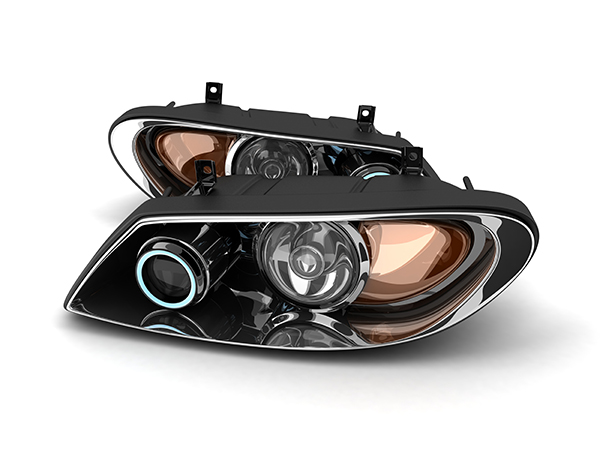
In the world of automotive lighting, advancements have led to the rise of innovative headlight technologies that offer improved visibility, safety, and aesthetic. LED (Light Emitting Diode) and Xenon (High-Intensity Discharge or HID) headlights are two of the most popular options, each with its own set of benefits and considerations. LED Headlights LED headlights have gained widespread popularity for their efficiency and versatility. These lights work by passing an electric current through a semiconductor, causing it to emit light. Here are some key advantages of LED headlights: Energy Efficiency LED headlights consume significantly less power than traditional halogen bulbs or Xenon lights ... read more
Posted on 7/26/2023
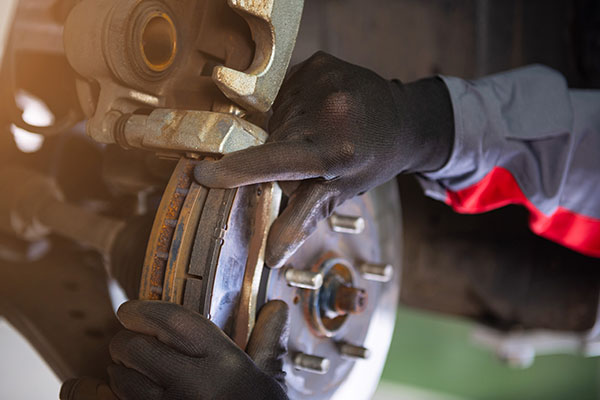
Your vehicle's braking system is vital for your safety and the safety of others on the road. Over time, various components of the braking system may require repairs or replacements to maintain optimal performance. Let's delve into each procedure in detail. Complete Pad/Lining/Rotor Replacements As an integral part of the braking system, brake pads or linings provide friction against the rotor, allowing the vehicle to slow down and stop. Over time, these components wear out and require replacement. During a complete pad/lining/rotor replacement, worn brake pads or linings are removed, and new ones are installed. Additionally, the rotors may be resurfaced or replaced if they have become too thin or damaged. Anti-Lock Diagnostics Anti-lock Braking System (ABS) diagnostics involve identifying and resolving issues related to the ABS. The ABS system prevents wheel lock-up ... read more
Posted on 6/28/2023
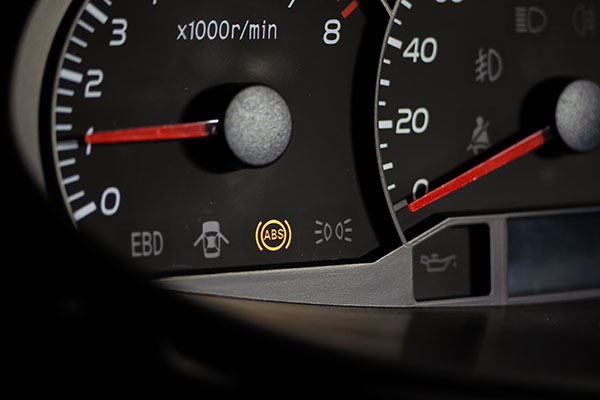
Car stalling can be frustrating, especially in heated situations like traffic lights. It not only disrupts your journey but also raises concerns about the health of your vehicle because stalling is not something normal. Understanding the common reasons for car stalling can help you identify issues and take appropriate measures to resolve them in time. If you want to know a few of the reasons that can cause your car to stall, make sure to continue reading because we will take a look at exactly that down below! 1. Fuel-related Issues One of the obvious reasons for stalling is an issue with the fueling system - the major ones being: Empty Fuel Tank: Running out of fuel is one of the most obvious reasons for a car to stall. Ensure that your fuel tank is adequately filled to avoid this simple yet preventable issue. Fuel Pump Problems: A faulty fuel pump can cause insufficient fuel delivery to the engine, leading to stalling. 2. Ignition Syst ... read more
Posted on 5/31/2023
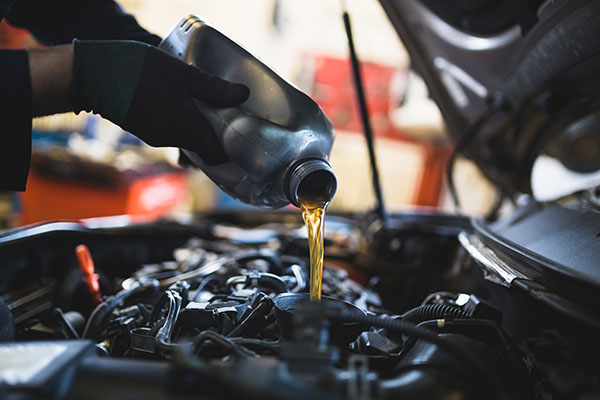
Oil is required for the proper operation of your vehicle's engine. It lubricates the engine's various components, reducing friction, preventing wear, and helping to cool it. However, as the engine runs, the oil degrades and becomes less effective. As a result, it's very important to change your vehicle's oil regularly to keep it running smoothly for as long as possible. Here are four indicators that you may need to change your oil, so make sure to visit a repair shop once you notice them: #1 The Oil Level Is Low If your oil level is low, it's a giveaway that your engine is consuming oil, leaking oil, or having other issues, meaning it may be time for a change. Low oil levels can cause your engine to overheat, which can lead to serious damage. To avoid this, check your oil level regularly and top it up as needed. #2 Oil Is Dirty Or Dark One of the most obvious signs that you need an oil change is dirty or dark oil. Over time, oil ... read more
Posted on 4/29/2023
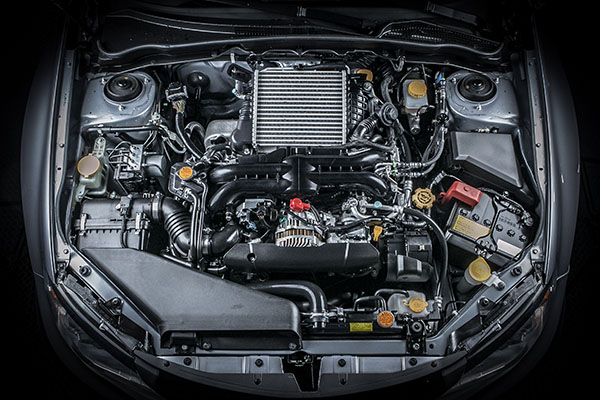
The cabin air filter is an often-overlooked component of your vehicle, but it plays a crucial role in ensuring the air inside your car remains clean and fresh. It's especially important when going underground or through tunnels. Over time, it becomes clogged with dirt, dust, pollen, and other airborne contaminants, compromising its effectiveness. Question: So, how often should you change your cabin air filter and why?Answer: Ideally, it is recommended to replace your cabin air filter every 12,000 to 15,000 miles or at least once a year. However, this can vary depending on your driving conditions and the environment in which you drive. If you frequently drive in dusty or polluted areas, your cabin air filter may need more frequent replacement. Benefits Of Frequent Cabin Air Filter Changes Regularly changing your cabin air filter offers several benefits. Firstly, it ensures cleaner air inside ... read more
Posted on 3/31/2023
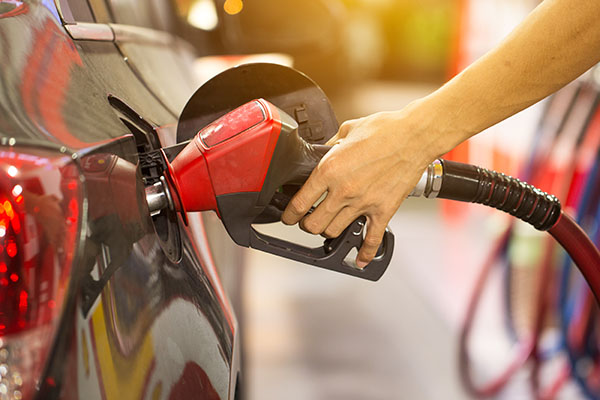
Everyone wants to get the most out of their fuel. You might ask about how this can be done? The answer is not one, but several. Below you will find some ways you can save up on fuel and make those MPGs go up. Keep in mind that the vehicle you drive also matters - an SUV will burn a lot more fuel than a coupe because it is heavier. 1. Use The Gas Pedal Properly The gas pedal is used to accelerate when needed, which is not all the time for even the shortest distances. If you learn to use it properly, you can get a lot more miles than usual. Every time you press on it, fuel is injected at an increased rate and amount, resulting in much higher consumption. 2. Check The Tires Proper tire pressure, alignment, and type are essential for your fuel economy. If you have grippier tires, more force is required to rotate them, resulting in higher fuel consumption. To avoid that, regular tire services are advised. Make sure to visit a service shop often for prop ... read more